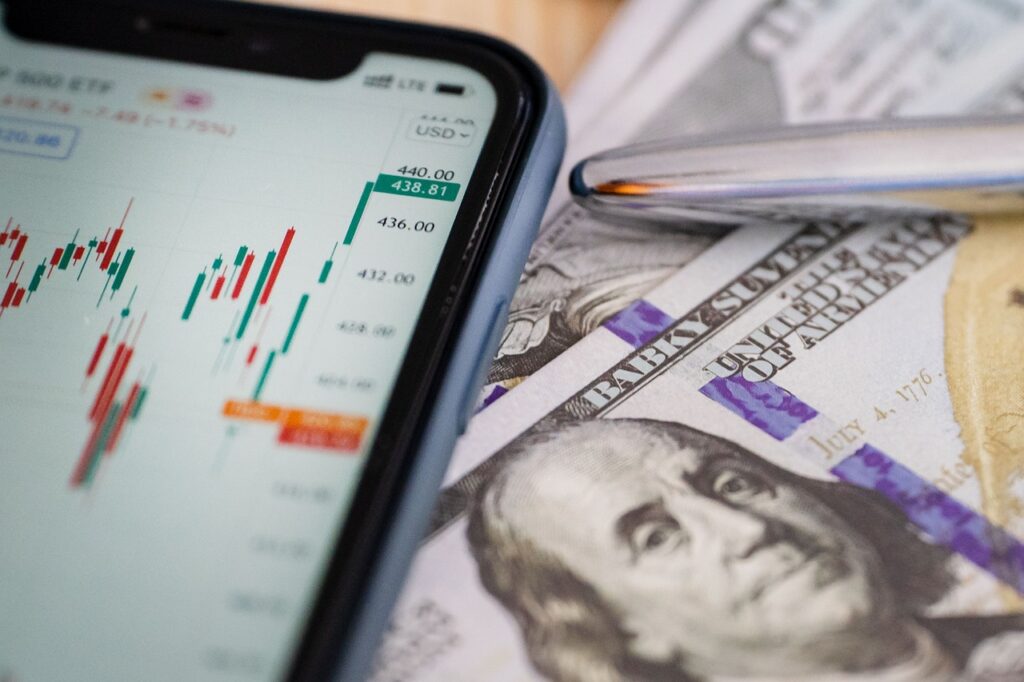The Shift Toward Sustainability
Sustainability is becoming a significant factor in consumer choices. It’s clear that the demand for eco-friendly products is reshaping the market.
Changing Consumer Behaviors
Consumers prioritize sustainability when choosing products. They look for labels indicating eco-friendly packaging or ethically sourced materials.
This change is not limited to niche markets. Mainstream consumers are also making greener choices. Certifications like Fair Trade and organic labels influence purchasing decisions.
Consumers opt for brands that demonstrate a commitment to sustainable practices. Recycling, reusability, and minimalism are becoming popular purchasing criteria.
Influence of Millennials and Gen Z
Millennials and Gen Z drive the demand for sustainable products. These generations prioritize ethical consumption and environmental stewardship.
Surveys show that over 70% of Millennials prefer sustainable brands. For Gen Z, this number rises even higher, with sustainability often being a non-negotiable aspect.
Social media amplifies their influence, creating a ripple effect across different age groups. Brands aligning with these values gain loyal customers among these demographics.
Market Response to Sustainable Demand

Businesses are quickly adapting to rising consumer demand for sustainable products. This shift influences product design, corporate policies, and overall market strategies.
Product Innovation in Sustainability
- Firms are investing in sustainable product innovation.
- Companies are developing packaging from biodegradable materials and creating products using recycled resources.
- The fashion industry now offers clothing made from organic cotton, recycled polyester, and even repurposed ocean plastics.
- Food and beverage sectors are launching plant-based options, reducing reliance on animal agriculture.
These innovations not only meet consumer expectations but often result in cost savings and efficiency improvements.
Corporate Responsibility Initiatives
Corporations are making sustainability a core part of their operations. Many now set ambitious targets for reducing carbon footprints and water usage.
Retail giants, tech companies, and manufacturers include sustainability reports in their annual reviews, showing transparency and commitment.
Environmental, Social, and Governance (ESG) criteria are increasingly important in attracting investors. Multinationals like Unilever and Patagonia are leading by example, integrating sustainability into their mission statements and operational practices.
Certification programs like B Corp status also validate efforts towards social and environmental performance, accountability, and transparency.
These focused practices and innovations show how the market is evolving to meet consumer demand for sustainable products, transforming traditional business models and setting new standards in various industries.
Challenges and Opportunities
The rising consumer demand for sustainable products presents both significant challenges and opportunities for businesses.
Overcoming Production Challenges
Producing sustainable products often involves higher costs, largely due to the sourcing and processing of eco-friendly materials. For example, organic cotton costs more than conventional cotton due to labor-intensive farming practices.
Companies also face logistical hurdles, such as establishing supply chains that prioritize sustainability without sacrificing efficiency.
Adapting production processes to reduce waste and carbon emissions can require substantial investment in new technologies and training.
Despite these obstacles, many businesses find that the long-term benefits—such as brand loyalty and compliance with evolving regulations justify the initial expenditures.
Capitalizing on Green Market Opportunities
Businesses can tap into the growing market for sustainable products by leveraging innovative strategies and technologies. For instance, developing products with recyclable or biodegradable components can attract eco-conscious consumers.
Companies can also differentiate themselves by obtaining certifications like Fair Trade or LEED, signaling their commitment to ethical and sustainable practices.
Marketing campaigns that highlight sustainability efforts can boost brand reputation and drive sales. Businesses not only gain a competitive edge but also contribute to broader environmental sustainability by prioritizing green innovation.
Here’s a summary of key challenges and opportunities in a table format:
| Challenges | Opportunities |
|---|---|
| Higher production costs | Access to growing eco-conscious market |
| Logistical hurdles in supply chain | Differentiation through sustainability certifications |
| Investment in new tech and training | Enhanced brand loyalty and reputation |
Seizing these opportunities while effectively managing production challenges allows businesses to align with consumer demand and foster long-term success in the sustainable market.
Benefits of Embracing Sustainability
Embracing sustainability provides numerous advantages for both the environment and businesses. Let’s explore these benefits in more detail.
Environmental Impact
Adopting sustainable practices significantly reduces negative environmental impacts. For example, using eco-friendly materials cuts down waste, as seen in biodegradable packaging.
Renewable energy sources, such as solar panels and wind turbines, lower carbon emissions. Companies like Unilever prioritize reducing water usage, which conserves natural resources.
Implementing recycling programs helps minimize landfill waste, evidenced by initiatives from brands like Patagonia. By adopting energy-efficient technologies, firms also decrease their carbon footprints. All these efforts contribute to a healthier planet.
Long-Term Business Benefits
Sustainable practices lead to substantial long-term business benefits. Companies aligning with eco-conscious values attract a loyal customer base.
For instance, brands with organic certifications often enjoy higher trust levels. Reduced operational costs arise from energy-efficient processes, leading to greater profitability.
Compliance with environmental regulations avoids legal issues and fines. Enhanced brand reputation results from visible commitments to sustainability, seen in market leaders like:
- Unilever
- Patagonia
Businesses also gain a competitive edge by innovating with green products, capturing a broader market segment interested in sustainability.
ABOUT THE AUTHOR
Jack Holmquist
Jack Holmquist is a key contributor and article writer at The Global Reach Visionary, where his expertise in global economics and international trade brings valuable insights to the platform. With a keen analytical mind and a deep understanding of shifting global dynamics, Jack skillfully dissects complex economic trends, offering clear, well-researched, and engaging articles. His ability to present intricate topics in a digestible and thought-provoking manner makes his work an essential resource for professionals, investors, and readers eager to stay informed about the ever-evolving global landscape.




